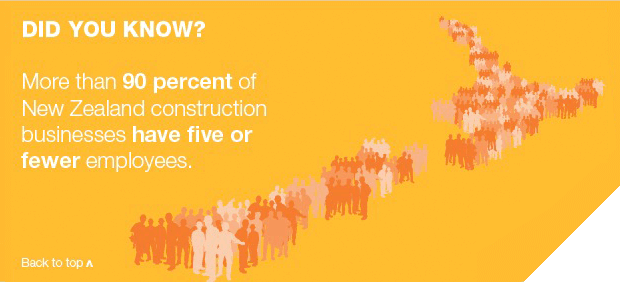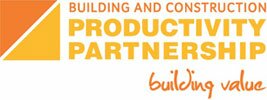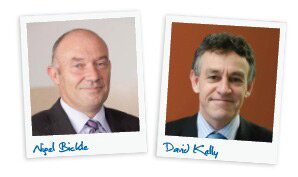
VALUE BUILDER – SHANE BREALEY
FOUNDER AND MANAGING DIRECTOR OF NZ STRONG CONSTRUCTION, DIRECTOR OF REGISTERED MASTER BUILDERS FEDERATION AND MEMBER OF BRANZ LEVY ALLOCATION GUIDANCE COMMITTEE AND PRODUCTIVITY PARTNERSHIP RAP STEERING GROUP
|
The pursuit of a more efficient and intelligent way of delivering construction projects has been a lifetime passion of mine. With just 500 words I will cover two key points central to our pursuit of a 20% productivity gain by 2020. The first explores whether the 20% gain is really there to be had and the second is a call to get on with it.
|
Is 20% really there?
20% by 2020, $3 billion saved on $15 billion annually. Let’s do the maths. Assuming a straight line improvement, in 2014 construction will be 5% cheaper, better and faster. By 2016 - 10%. By 2018 - 15%. And by 2020 all construction across New Zealand will be 20% cheaper, better and faster than it is today. Ask 100 people across our industry from quantity surveyors, project managers, contractors, designers, clients and suppliers and 99 of them will probably suggest it would make a good Tui’s advert – 20% by 2020, yeah right!
Ask the same 100 people to recall any project they had just completed and ask if they believe it would be possible to build that same project again for 20% less. Identical – same client, same team, same design, same subcontractors/ suppliers and same site. There would be no waiting for consents or design information, no surprises, no changes, fewer mistakes, planning would be fine-tuned and each project participant would know exactly what was required of them. I believe 95 out of 100 people would say the very same project could be delivered 20% cheaper, better and faster second time around.
I have no doubt the 20% gain is really there. By assimilating this scenario through the quality of teamwork, documentation and planning so that each project runs as smoothly as if it were a project we were building for the second time. The only question is whether we have the boldness to overcome the politics and patch protection? Tinkering with the current industry structure won’t get us the desired 20%.
I believe it will take the formation of integrated project delivery teams that work together repeatedlyand are responsible from concept design to consents, documentation and construction. A proven, high-performing team of professional consultants and constructors will not want to repeat the same mistakes, they won’t delay each other and they won’t have wasted resources man-marking as is the norm in our current fragmented industry.
Let's get on with it
An initiative such as the Productivity Partnership has a shelf life with the pragmatic people in our industry. If it does not get traction very soon with tangible benefits flowing through it will become irrelevant. The industry recession gives us an ideal opportunity to drive home new initiatives now. If we go into boom times again by say 2015/6 and there is little progress we will have missed the chance and by 2020 it will be no better.
Let’s start with at least three simple things for 2012 and earn the confidence of our industry:
1. Electronic consent applications and tracking
2. Consultants able to undertake most inspections in place of Councils
3. Procurement guide released to assist clients to make choices based on best value.
While we have to submit mountains of repetitive paper for building consents, require 14 Council inspections for a simple building and have a dozen builders (11 will lose) bidding on an open tender for a $400,000 Auckland Council project we are stalled. The waste is all around us. Let’s get on with it!
Back to top
|







 "There are absolutely huge benefits if we implement GeoBuild," says Alison Geddes, DBH Deputy Chief Executive Sector Capability, who has been leading the GeoBuild Strategy. "An example is BIM data could be uploaded into consenting systems in a seamless way and, over time, the development of integrated databases will provide ready access to project specifications and product information. It paves the way for a paperless operating model. It’s possible. I’ve seen it working in the UK." Outcomes are likely to be better building quality, reduced rework, improved timeliness, lower construction costs, better supply chain management, fit-for-purpose buildings and a more sustainable built environment.
"There are absolutely huge benefits if we implement GeoBuild," says Alison Geddes, DBH Deputy Chief Executive Sector Capability, who has been leading the GeoBuild Strategy. "An example is BIM data could be uploaded into consenting systems in a seamless way and, over time, the development of integrated databases will provide ready access to project specifications and product information. It paves the way for a paperless operating model. It’s possible. I’ve seen it working in the UK." Outcomes are likely to be better building quality, reduced rework, improved timeliness, lower construction costs, better supply chain management, fit-for-purpose buildings and a more sustainable built environment.


